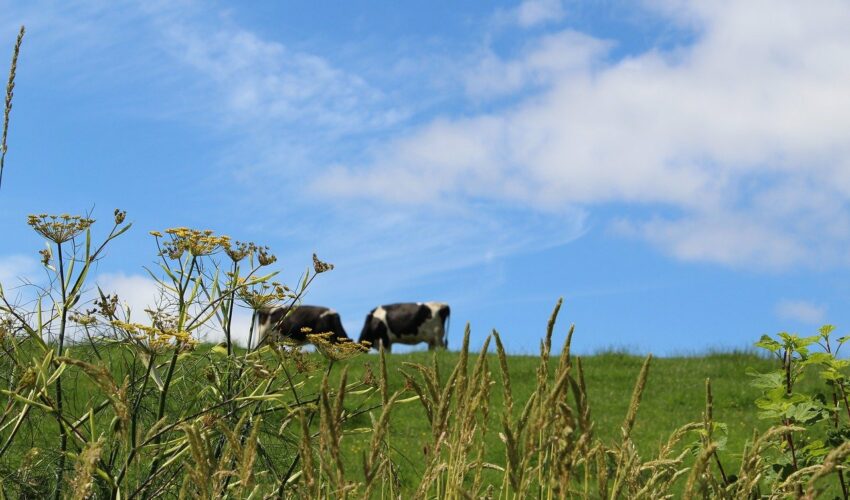The Agriculture Act 2020, became law on 11 November and the hope is that it will transform the future of farming. One of the ideas behind the act was to reward farmers for their labours in a fair way after the turmoil of our exit from the European Union and the lifting of the restrictions on farmers associated with this system. The underlying objectives of the legislation are to drive competitiveness, increase productivity and the use of technology, and generate fairer returns. In this article, agricultural act 2020, we take a closer look at the act and its implications for farmers.
Free Initial Telephone Discussion
For a free initial discussion on how we can advise you on the implications of the agricultural act 2020, get in touch with us today. We are experienced in dealing with all forms of agricultural law and we will review your situation and discuss the options open to you in a clear and approachable manner. Early expert legal assistance can help ensure you avoid the stress of dealing with these issues on your own. Simply call us on 0345 901 0445 or click here to make a free enquiry and a member of the team will get back to you.
Environmental Land Management Scheme
The act will create what is known as the Environmental Land Management Scheme (ELMS). The concept behind the new scheme is to reward farmers for producing “public goods”. Under this new system, farmers will be paid for producing public goods such as: better air and water quality, thriving plants and wildlife, better soil health, and protection from environmental hazards including measures to reduce flooding and tackle the effects of climate change.
The scheme is intended to aid the government’s long-term commitment to achieve net-zero emissions by 2050.
At the beginning of 2021, the clock on a 7-year transitional period will begin, which will phase out the current financial reward system in place for farmers; the Basic Payment Scheme (BPS). Under BPS, payment is mainly based on the total amount of land farmed meaning there is little, if any, reward for smaller landowners who provide public benefits. Once the transitional period has ended in 2027, BPS will no longer operate, and direct payments under this scheme will no longer be possible.
At the start of the legislative process, the objective was to improve productivity and allow farmers to retire and leave the industry. There is no detail yet on how lump sum payments might work.
Implications for Food security
This was not in the draft bill at the start of its legislative journey but successful lobbying now means the Government has a duty to report to Parliament on UK food security. The first report will be due at the end of 2021 and then every three years. the new 2020 Act requires the government to produce a report evaluating the impact of any future trade deal on animal welfare and farming before approval. The newly established Trade and Agriculture Commission, an independent advisory board consisting of experts in the industry, will advise the government on such matters.
How will the supply chain be affected?
The Act grants powers to improve transparency and fairness in the supply chain. There are powers to require a person in, or connected with, an agricultural supply chain to provide information connected with their activities in that chain. There are also fair dealing obligations for business purchasers in order to promote fair contractual dealing.
Trade and Agriculture Commission
Recent debate has centred around food security and trade, which resulted in the government including a duty to report to Parliament on UK food security every three years starting in 2021, and the establishment of a permanent Trade and Agriculture Commission (TAC).
This will ensure that the government reports to Parliament on negotiated trade details, to explain the extent to which agricultural production standards (eg on animal welfare & environmental standards) differ from our own or to confirm that standards are equivalent.
Tenancy reforms
The Act also contains various other provisions, such as changes to a number of landlord and tenant issues eg succession provisions for Agricultural Holding Act (AHA) 1986 tenancies, tools to require greater transparency in the food supply chain, and the ability of the government to provide assistance in the event of severe market disturbance.
The act is quite a detailed document with wide-ranging implications and consequences. This article is intended only as a precis and to touch upon some of the points.
How we can help
We have a proven track record of dealing with agricultural law. We will guide you through any of the processes involved and ensure all checks are carried out swiftly and efficiently. We firmly believe that with the right solicitors by your side, the entire process will seem more manageable and far less daunting.
How to Contact Our Agricultural law Solicitors
It is important for you to be well informed about the issues and possible implications of a the agricultural act 2020. However, expert legal support is crucial in terms of understanding the implications of the finer points of the act.
To speak to our Agricultural Law solicitors today, simply call us on 0345 901 0445, or click here to make a free enquiry. We are well known across the country and can assist wherever you are based. We also have offices based in Cheshire and London.






Leave a Reply
You must be logged in to post a comment.